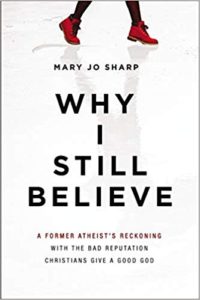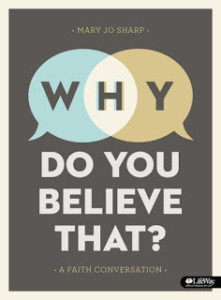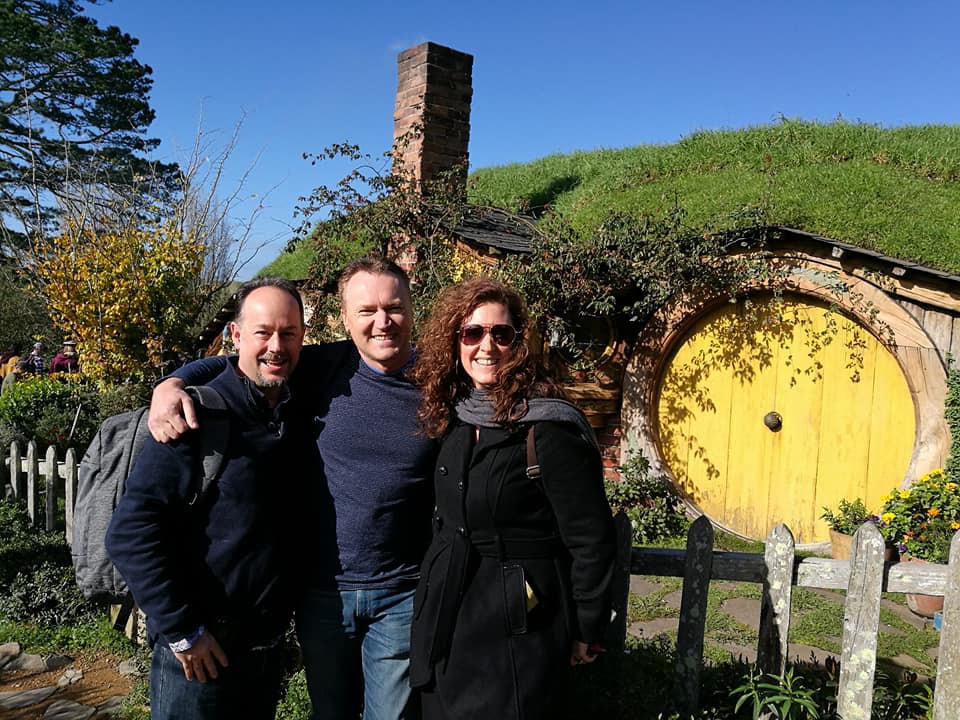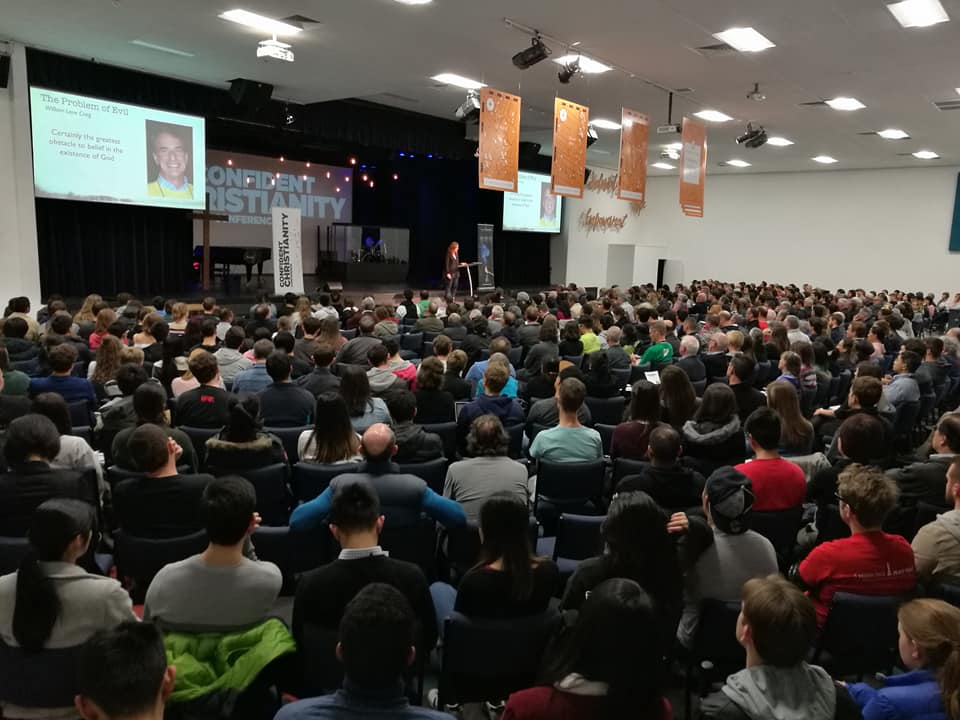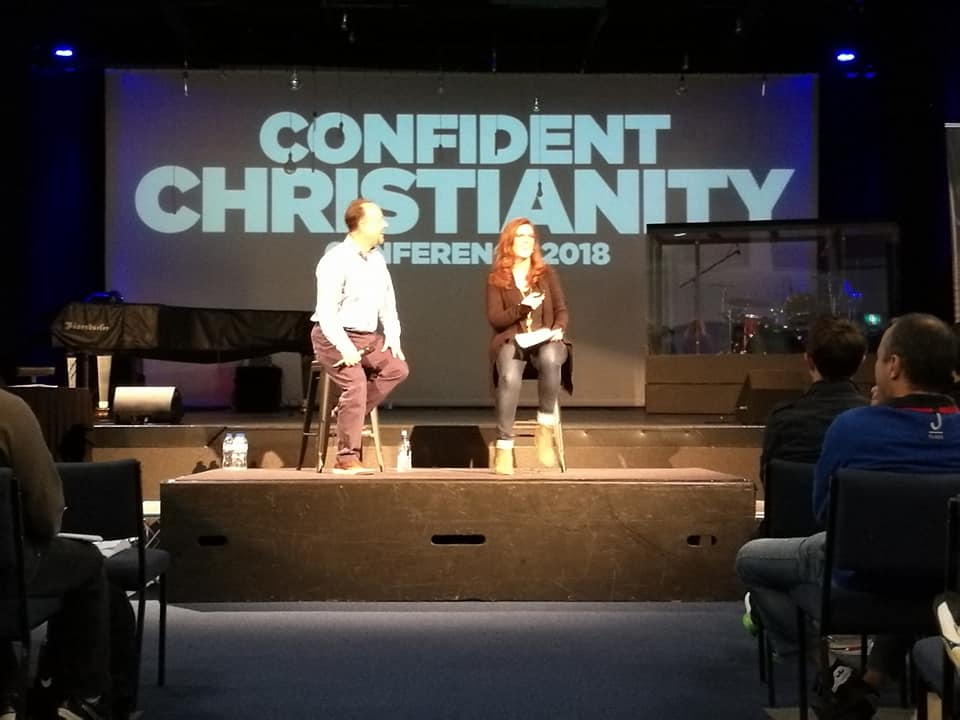Mary Jo was recently featured on a New Zealand Catholic news website regarding her trip to New Zealand and encountering the problem of evil in everyday conversations. Find the first part of the article below:
It is not often that St Augustine and his wisdom are subjects of everyday conversation, but his thinking might be given more of an airing after US Christian apologist Mary Jo Sharp visited New Zealand. Mrs Sharp, a Professor of Apologetics at Houston Baptist University, spoke in Christchurch, Auckland and Tauranga recently, courtesy of Thinking Matters, a ministry that “encourages New Zealand Christians to think more deeply about what they believe, and why they believe it, so they can present the Christian faith as both rational and true”.
In Auckland, Mrs Sharp spoke at the Greenlane Christian Centre on May 25, with her main address titled “Encountering the Problem of Evil in Everyday Conversation”, at the start of a two-day conference on “Confident Christianity.”
She outlined a three-step approach for engaging people on this topic in a way that is aimed not at putting them on the defensive, but rather freeing them to think. The steps are essentially “refine the objections [to belief in God based on evil]”, “define the terms” and “outline your view”.
St Augustine’s treatment of the topic of good and evil was summarised under the second heading.
But Mrs. Sharp, a former atheist, introduced the subject on a more personal note, sharing what happened on one occasion after she had given a talk at a women’s ministry event on life having meaning and purpose in God.
“At the end of my talk, a group of women came down to ask me some questions afterwards. There was one lady that just kept hanging towards the back of the group. She kept catching my attention because I noticed that her eyes were completely red. She had been holding back tears.
“As soon as everyone was gone, she made her way up to me and she said, I want to make sure that everyone else had a chance to talk to you because I’m having some real problems about my belief in God. My son died of leukaemia when he was three years old. And I can’t reconcile that with the Church’s teaching on God being good. So I just need to have some conversation with you on this matter.”
Mrs Sharp said this woman’s “questioning lament, her deep grief over the problem of pain and suffering in her own life, is something that is common amongst us as humans”.
“So while a person could say that the argument from evil seems purely academic . . . our experiences in this life continue to thrust it into the conversation, by means of our own suffering. We do not have the luxury of purely pontificating on the matter. We all experience evil and will have to handle it one way or another.”
“One of the first things we need to do,” Mrs Sharp said, “when we encounter this problem in conversation is help the person clarify their objection.”
To read the full article, click here.


